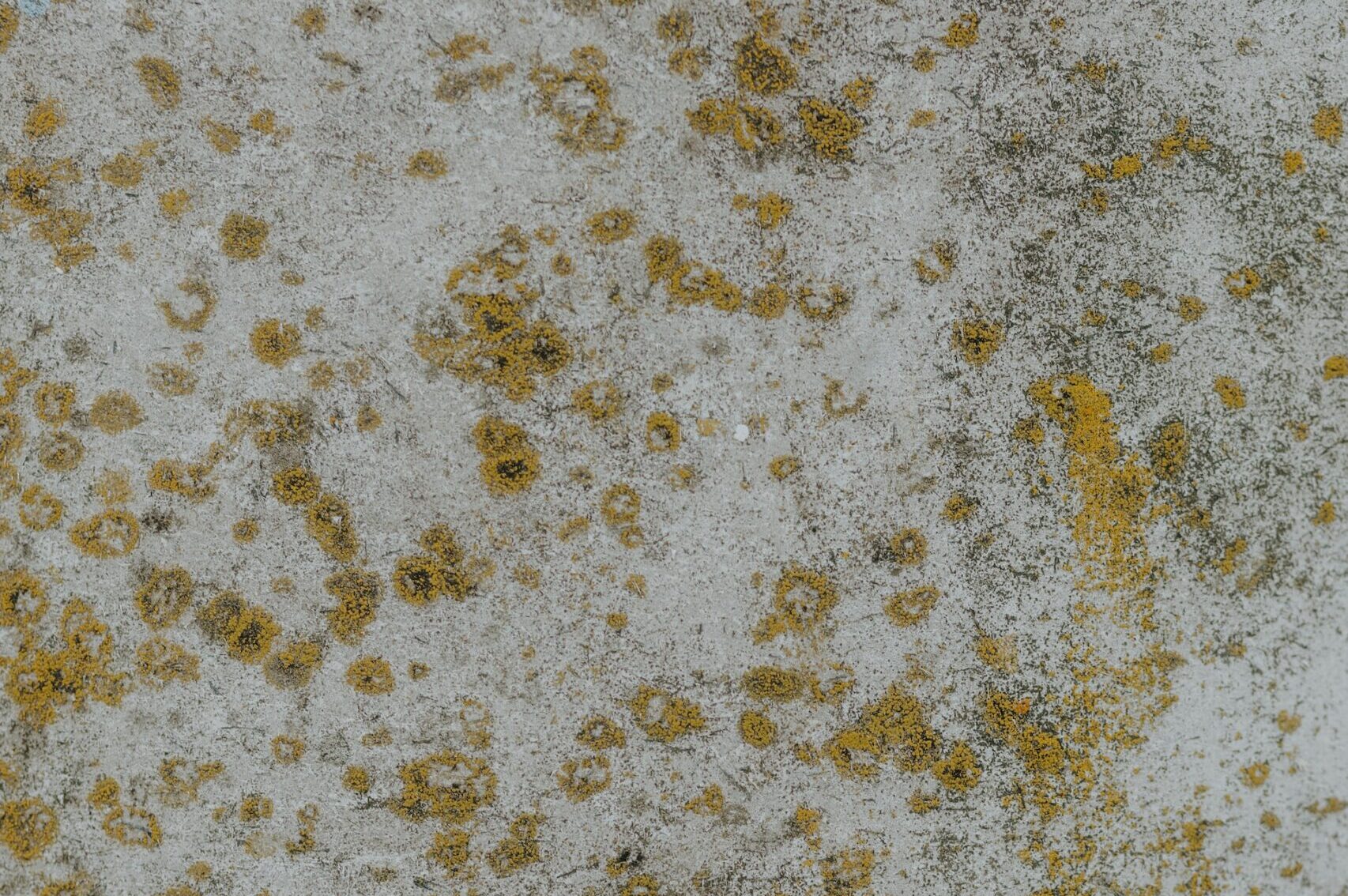Mold is a common problem that can plague residential and commercial properties, causing a variety of health issues and structural damage. Mold spores are naturally present in the air and can thrive in humid, damp conditions, making any property susceptible to mold growth if moisture is not adequately managed. When mold grows unchecked, it can cause allergic reactions, respiratory illnesses, and even aggravate existing health conditions. Moreover, mold can weaken or damage the building materials, including wood, drywall, or insulation, leading to costly repairs and loss of property value.
In this article, we will explore the science behind mold growth, the factors that contribute to its development in homes and businesses, and the importance of professional mold inspection and remediation services in addressing mold issues and preserving a healthy living and working environment. Furthermore, we will highlight critical mold prevention tips to help property owners and managers maintain their spaces free from the adverse effects of mold growth.
By understanding the science of mold growth and implementing vigilant mold management strategies, property owners, managers, and occupants can create healthier, safer environments that promote well-being and protect the integrity of their investments.
The Science Behind Mold Growth
Mold is a type of fungus that is commonly found in indoor and outdoor environments. When mold spores encounter suitable conditions, such as moisture and a nutrient source, they can multiply and create a visible growth known as a mold colony. Understanding the factors that contribute to mold growth is essential for preventing and addressing mold issues in homes and businesses.
1. Moisture: Mold requires moisture to thrive. Water sources can include leaks, flooding, high humidity, and condensation on cold surfaces.
2. Nutrient Source: Mold feeds on organic materials, such as wood, paper, and fabrics. In homes and businesses, these materials are prevalent in the form of building materials, furniture, and personal belongings.
3. Temperature: Mold can grow in a wide range of temperatures, with most species flourishing between 60°F and 80°F, making indoor environments particularly susceptible.
4. Time: Given the right conditions, mold can grow rapidly, colonizing a surface within 24 to 48 hours of exposure to moisture.
Identification of Mold in Homes and Businesses
Identifying mold growth early on is crucial to avoiding adverse health effects and preventing structural damage. Look for the following signs of mold contamination:
1. Visible Growth: Mold can appear as fuzzy, slimy, or discolored growths on surfaces. Colors can vary, including black, green, white, or brown.
2. Musty Odor: Mold produces a musty or damp smell, which can indicate the presence of growth even if it is hidden behind walls or underneath flooring.
3. Health Symptoms: Allergic reactions, respiratory issues, or irritation of the eyes, skin, or throat can be signs of mold exposure, particularly if these symptoms worsen when in a particular location.
4. Water Damage or Leaks: Water stains, discoloration, or peeling paint and wallpaper can be indicators of moisture issues that can create conducive conditions for mold growth.
Preventing Mold Growth in Homes and Businesses
Preventing mold growth requires diligent moisture management and attention to key factors that can contribute to fungal development. Here are some essential tips for keeping mold at bay:
1. Dry Wet Areas: Clean and dry any wet or damp materials, such as carpets, floors, or furniture, within 24 to 48 hours to prevent mold growth.
2. Improve Ventilation: Ensure proper air circulation and ventilation, particularly in high-humidity areas like bathrooms, kitchens, and laundry rooms. Use exhaust fans and open windows when necessary.
3. Fix Leaks: Repair leaking roofs, plumbing, or appliances promptly to avoid moisture accumulation.
4. Maintain HVAC Systems: Clean and maintain HVAC systems regularly to prevent mold from growing within ducts and spreading throughout the space.
5. Use Mold-Resistant Materials: Choose mold-resistant building materials during construction or renovation, such as moisture-resistant drywall or paint with mold inhibitors.
The Role of Professional Mold Inspection and Remediation Services
When mold growth is suspected or detected, professional mold inspection and remediation services are essential for effectively addressing the issue and mitigating potential health risks and property damage. Professional services offer several advantages:
1. Accurate Inspection: Certified mold inspectors can identify the extent of mold growth using advanced tools and techniques, ensuring a thorough understanding of the problem.
2. Safe and Efficient Remediation: Mold remediation professionals have the necessary skills, equipment, and expertise to safely and effectively remove mold-contaminated materials and eliminate mold spores in the air.
3. Post-Remediation Verification: After remediation, professionals will assess the area to ensure successful mold removal and provide guidance for preventing future mold growth.
4. Minimized Property Damage: Prompt and professional mold remediation can significantly reduce the damage caused by mold growth, helping to maintain property value and structural integrity.
Conclusion
Mold growth is a common and potentially harmful issue faced by home and business owners. Understanding the science behind mold growth, recognizing the signs of contamination, and adopting preventive measures can aid in preventing adverse health effects and damage to properties. Professional mold inspection and remediation services play a vital role in addressing mold growth, helping to create healthier and safer living and working environments.
Element Environmental is dedicated to providing top-quality mold remediation services for Oregon’s North Coast. Our team of certified professionals is ready to help you create a mold-free environment for your family, tenants, or employees. Whether you are a homeowner, a property manager, or a business owner, we can help you make informed choices about mold management, improving the health and safety of your residential or commercial spaces. Contact us today to learn more about mold inspection, prevention, and remediation services!

